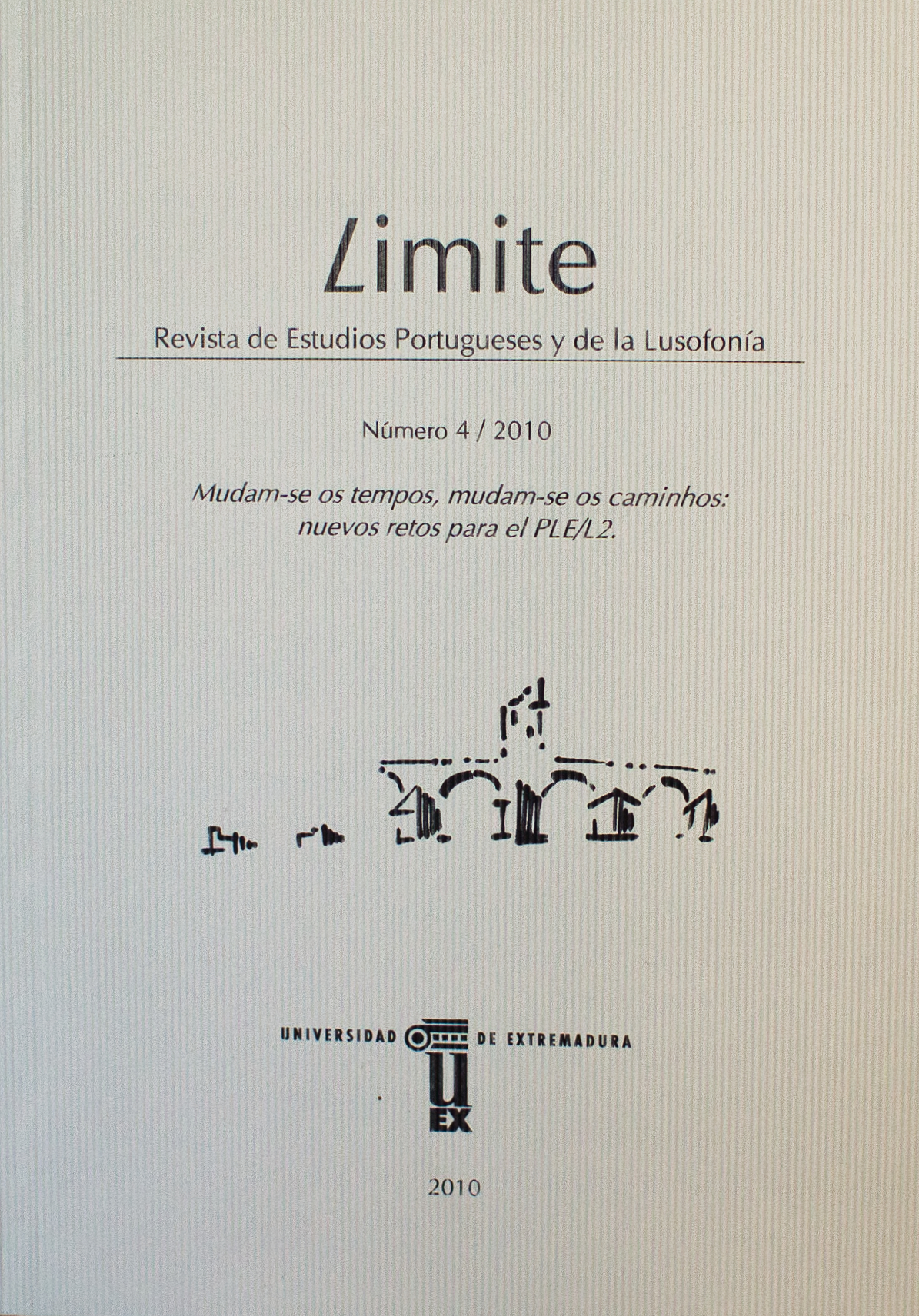Da Web 2.0 à Web 2.0 móvel: implicações e potencialidades na educação
Palabras clave:
Web 2.0, Web 2.0 móvel, mobile learning, colaboração, construçãoResumen
O desenvolvimento da World Wide Web mudou a maneira de ensinar e aprender, de aceder à informação, de comunicar e viver. Com o aparecimento do conceito Web 2.0, popularizou-se um fenómeno tecno-social a partir de algumas das suas aplicações mais populares: Wikipédia, YouTube, Flickr, Wordpress, Blogger, MySpace, Facebook, na tentativa de transformar os utilizadores em produtores de conteúdos. Actualmente, a evolução das tecnologias móveis (telemóvel, PDA, Pocket PC, Tablet PC) está a abrir caminho à entrada de ferramentas Web 2.0 em versão móvel. Neste texto pretendemos reflectir sobre práticas pedagógicas e usos de ferramentas Web 2.0 e Web 2.0 móvel, como instrumentos culturais de aprendizagem em contextos intencionais das práticas pedagógicas.
Referencias
Castells (2005): Manuel Castells, A era da informação: economia, sociedade e cultura, Lisboa, Fundação Calouste Gulbenkian.
Castells et al. (2006): Manuel Castells, Mireia Fernández-Ardèvol, Jack Linchuan Qiu, Araba Sey, Comunicación móvil y sociedad. Una perspectiva global, Ariel, Barcelona.
Dowbor (1998): Ladislau Dowbor, A reprodução Social, São Paulo, Vozes.
Georgiev et al. (2004): Tsvetozar Georgiev, Evgenia Georgieva, Angel Smrikarov, M-Learning - a New Stage of E-Learning, International Conference on Computer Systems and Technologies. Disponível em http://ecet.ecs.ru.acad.bg/cst04/Docs/sIV/428.pdf
Jonassen (2007): David Jonassen, Computadores, Ferramentas Cognitivas. Desenvolver o pensamento crítico nas escolas, Porto, Porto Editora.
Kukulska-Hulme & Traxler (2005): Agnes Kukulska-Hulme, John Traxler, Mobile teaching and learning. A handbook for educators and Trainers, London, Routledge.
Lévy (2000): Pierre Lévy, A inteligência coletiva: por uma antropologia do ciberespaço, São Paulo, Loyola.
Meng (2005): Peter Meng, Podcasting & vodcasting: A white paper: Definitions, discussions & implications, Columbia, University of Missouri, IAT Services
Morton Paulsen (2003): Morton Paulsen, Online Education and Learning Management Systems: Global E-learning in a Scandinavian Perspective, Oslo, NKI.
Mostakhdemin-Hosseini & Tuimala (2005): Ali MostakhdeminHosseini, Jarno Tuimala, “Mobile Learning Framework. Mobile learning Framework”, in Proceedings IADIS International Conference Mobile Learning 2005, Malta, pp. 203-207.
Moura & Carvalho (2009): Adelina Moura, Ana Carvalho, “Mobile phone appropriation and pedagogical mediation by students in educational contexts”, in Mobile Learning Conference 2009 (MoLeNet): share best practice, hear the latest developments and discover what the future holds for mobile learning, LSN, London, pp. 62-63.
Nix et al. (2007): Judy Nix, Fubynix Russell, Desmond Keegan, “Mobile learning/ SMS academic administration kit”, in EDEN Take Learning Mobile conference, IADT, Dublin. Disponível em http://www.edenonline.org/contents/publications/SMS/Ericsson.Mobile.A5.pdf
Oblinger & Oblinger (2005): Diana Obliger, James Oblinger, Educating the Net Generation. Disponível em http://www.educause.edu/educatingthenetgen [último acesso: 23-10-2010].
Petrova (2005): Krassie Petrova, “Mobile Learning Using SMS: A mobile business application”, em Proceedings for the 18th Annual Conference of the National Advisory Committee, on Computing Qualifications, Tauranga, Australia, pp. 412-417.
Prensky (2001): Mark Prensky, “Digital natives, digital immigrants”, On The Horizon, vol. 9, n. 5, NCB University Press. Disponível em http://www.scribd.com/doc/9799/Prensky-Digital-Natives-DigitalImmigrants-Part1 [último acesso: 20-10-2010].
Rheingold (2002): Howard Rheingold, Smart Mobs. The next social revolution, Cambridge, Massachusetts, Perseus Publishing.
Romaní & Kuklinski (2007): Cristobal Cobo Romaní, Hugo Pardo Kuklinski, Planeta Web 2.0. Inteligencia colectiva o medios fast food, Barcelona, Flacso México / Grup de Recerca d’Interaccions Digitals, Universitat de Vic. Disponível em
http://www.planetaweb2.net/ [último acesso: 20-10-2010].
Romiszowski (2004): Alexander Romiszowski, “How’s the E-learning Baby? Factors Leading to Success or Failure of an Education Technology Innovation”, Education Technology, n. 44(1), pp. 5-27.
Vavoula et al. (2009): Giasemi Vavoula, Norbert Pachler, Agnes Kukulska-Hulme, Researching Mobile Learning: Frameworks, Tools and Research Designs, Oxford, Peter Lang.
Descargas
Publicado
Número
Sección
Licencia
Los derechos de los artículos publicados en esta revista son los que establece por defecto el Servicio de Publicaciones de la Universidad de Extremadura. Poseen una licencia de Creative Commons CC BY 4.0. Puede consultar la licencia en: Creative Commons
La política de acceso abierto de la Universidad de Extremadura acepta los principios del movimiento de acceso abierto y la declaración de Berlín. Por ese motivo, los autores aceptan que los artículos publicados se recojan en el repositorio DEHESA de esta universidad.
El autor del artículo puede publicarlo libremente en otros medios siempre que refiera esta revista como la depositaria del texto original.



